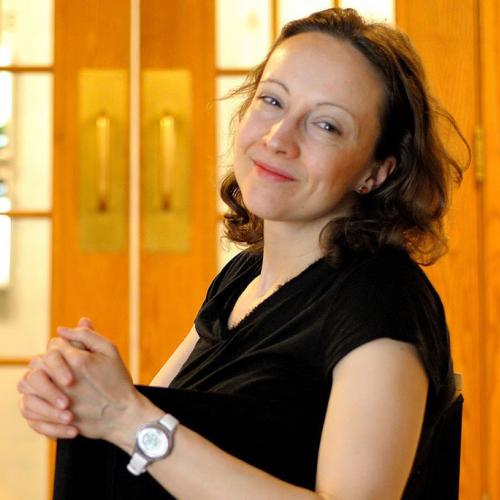A team including Associate Professor Jana Diesner has received a $1 million, three-year grant from the Federal Ministry of Education and Research (Germany) for their project, "TextTransfer: Assessing Impact Patterns in Research Texts Applying Corpus Driven Methods." The collaborative project is a continuation of the previously funded "Text Transfer" pilot project, in which Diesner and colleagues used a mixed methods approach to build taxonomies and prediction models for secondary practical uses of research findings from final reports of grant-funded work. Their methods included interviews, information extraction, natural language processing, and machine learning.
"Outcomes of grant-funded work across all disciplines are typically released in the form of project reports," said Diesner. "After completion of funded projects, these reports are typically archived digitally by specialized archival organizations. However, a subsequent use of the findings in these reports often does not take place, so valuable knowledge is lost to potential users."
By identifying relevant patterns from text data, Diesner and colleagues aim to detect transferable knowledge—from basic research to applications—across several domains. In their pilot study, they demonstrated the feasibility of this idea by using inductive and deductive methods to identify relevant impact categories and patterns for the domain of electromobility. With the current grant, they extend this work to the domains of artificial intelligence, music, and linguistics, among others.
"The main goal of this project is to advance, validate, and apply methods to study the impact of research on society at large across different dimensions of possible impact of science on people. We are also developing and validating new taxonomies and methods for this purpose," said Diesner.
Diesner's research in human-centered data science and responsible AI combines the benefits of computing with the consideration of social contexts and ethical concerns. At the iSchool, she leads the Social Computing Lab and serves as director for strategic initiatives/data science. Diesner is a fellow in the ASPIRE (the National Alliance for Inclusive & Diverse STEM Faculty) Leadership Academy for Underrepresented Leaders in STEM Higher Education. She holds a PhD in computation, organizations and society from Carnegie Mellon University's School of Computer Science.
